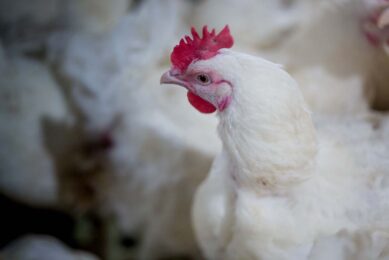France may suggest revived WTO talks – minus agriculture
France may put forward proposals to revive collapsed world trade talks – on the proviso that agriculture issues are excluded from negotiations, according to French Trade Minister Christine Lagarde.
Nearly all of the obstacles that led to the suspension of the Doha round talks last month were in the agricultural sector, where many countries are wary of giving up tariffs and subsidies, fearing destruction of their domestic agriculture industries.
Lagarde said now might be the time to deal with the issue of agriculture separately so as to allow progress in other areas, such as industry and services.
Asked if France was considering proposals to re-launch the Doha negotiations, Lagarde said: “It’s not just France, for as you know in the WTO we speak through the European Union and it’s the European Commission that represents member states.
“But our making proposals cannot be ruled out,” she said in a radio interview.
Lagarde later told a news conference that agriculture was one of the main stumbling blocks to an overall accord but said the subject could not just be dropped.
“There is no question of putting the agriculture dossier to one side,” she told the briefing, called to publish the latest French trade figures.
“What I note is that the agriculture dossier crystallises all the irritations, all the difficulties of the negotiations, and that … perhaps we have to rethink the parameters of the negotiations and modalities of the negotiations,” she said.
“Would it not be better to reshape the negotiations and think again about agricultural questions, and how to better deal with them, without prejudicing the interests of development and those of developed countries in the industrial and service sectors?” she asked.
The European Union, the United States and the ASEAN grouping of south-east Asian nations are already pushing ahead with bilateral trade accords after the Doha-round trade talks were suspended last month, Lagarde noted.
The Doha round was launched in late 2001 with the aim of boosting economic growth and lifting millions out of poverty.
But it struggled from the start and was already well behind schedule when talks collapsed, with the EU and the US trading blame.
See the original news item about the breakdown of negotiations.
See the worldpoultry.net blog on the collapse of the Doha round of negotiations.













